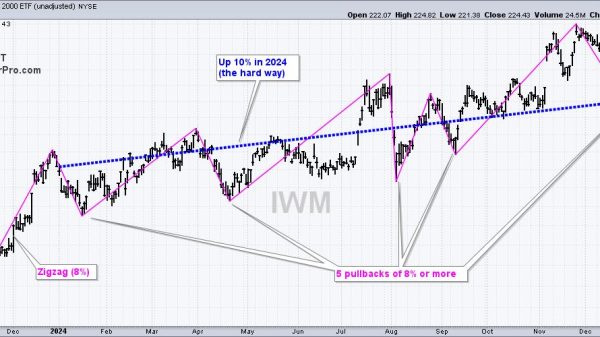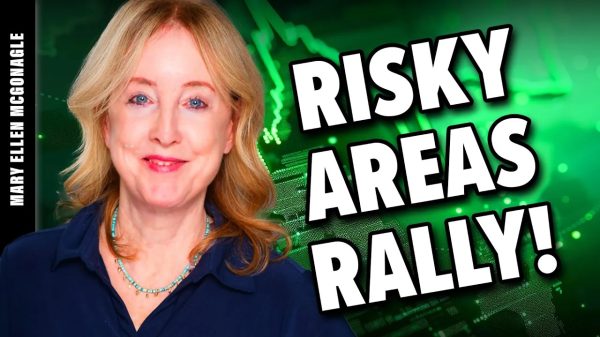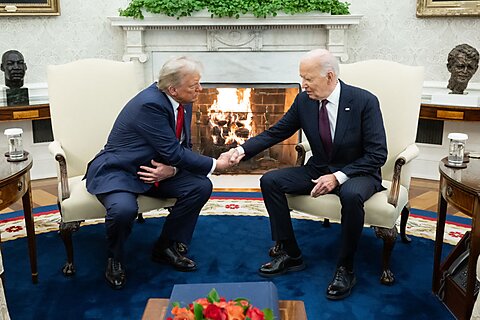Thomas A. Berry and Alexander Khoury
On the night of May 28, 2021, Gregory Pheasant was arrested for riding his dirt bike through Moon Rocks, Nevada, without a taillight. Moon Rocks is a section of federally owned public land managed by the Bureau of Land Management (BLM). The BLM’s authority to issue regulations derives from the Federal Land Policy and Management Act of 1976. Claiming authority under the Act, BLM had issued a rule requiring all dirt bikes operating at night to be affixed with a taillight, on pain of criminal penalty. Pheasant was charged with violating BLM’s taillight regulation and two other crimes.
Pheasant moved to dismiss, arguing that the broken taillight charge was unconstitutional under the “nondelegation doctrine.” Pheasant maintained that Congress had unconstitutionally delegated its legislative authority to the executive branch and that crimes created by the executive branch pursuant to that power (including the taillight regulation) were void.
The United States District Court for the District of Nevada agreed and dismissed two counts against Pheasant on nondelegation grounds. The government has now appealed the district court’s decision to the United States Court of Appeals for the Ninth Circuit.
Cato has filed an amicus brief in the Ninth Circuit on behalf of Pheasant. In our brief, we argue that the district court correctly dismissed the two counts against Pheasant on nondelegation grounds. Further, we also explain that the court of appeals should take this opportunity to resolve an inconsistency between its separation‐of‐powers standards for overly vague criminal statutes.
Our brief explains that parties alleging a separation‐of‐powers challenge to overly vague criminal statutes risk facing the inconsistent application of two separate standards of scrutiny—vagueness review and the nondelegation doctrine’s intelligible principle test. Vagueness review is applied when a law gives too much discretion to police and prosecutors, while the nondelegation doctrine concerns laws giving too much discretion to rule‐makers.
Both of these standards enforce the same core constitutional concern: preventing Congress from delegating away its criminal lawmaking authority to other government actors charged with executing the law. Yet courts scrutinize laws under vagueness review more strictly than under the nondelegation doctrine, where they apply the lenient intelligible principle test. Our brief argues that this distinction has no merit and that both vagueness and nondelegation claims should be scrutinized under the same standard of review.
Additionally, our brief contends that under a unified separation‐of‐powers standard, Pheasant’s charges for violating the regulatory crimes should be dismissed. The executive branch has been granted nearly unfettered authority to create regulatory crimes for federally owned public lands. A federal rulemaker is thus effectively a one‐person super legislator for over 240 million acres of federal land, a discontinuous landmass more than double the size of California. This tremendous grant of lawmaking power far exceeds anything the courts have upheld under vagueness precedents. For that reason, the Act’s delegation of regulatory power violates the separation of powers.
The district court’s decision should be upheld, and the two regulatory charges against Pheasant should be dismissed under a unified separation‐of‐powers standard.
























